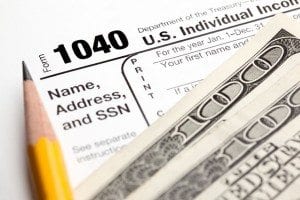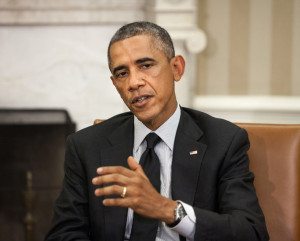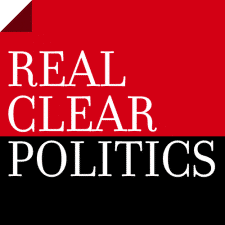Lackluster enrollment numbers, technology issues, and high maintenance costs are among the challenges plaguing ObamaCare state exchanges that were reviewed by the House Energy and Commerce Oversight Subcommittee at a hearing Tuesday.
“CMS has seemed more focused on doling out taxpayer dollars rather than overseeing how those dollars are spent,” Chairman Tim Murphy (R-PA) said of the lack of oversight.
Executives from six state exchanges—Oregon, Massachusetts, Hawaii, California, Minnesota, and Connecticut—provided testimony. So far, Oregon and Hawaii’s exchanges have both proven to be unsustainable, closing down and migrating consumers to HealthCare.gov’s federal marketplace with others likely to follow.
Chairman Murphy emphasized in his opening statement the sufficient amount of taxpayer money that was poured into creating these now-failing exchanges: “The Centers for Medicaid and Medicare Services has awarded $5.51 billion dollars to the States to help them establish their exchanges. Let me repeat that. The States received $5.51 billion in federal taxpayer dollars to set up their own exchanges. Yet, the ACA had no specific definition of what a state exchange was supposed to do, or more importantly, what it was not supposed to do.”
Grant money used to fund the exchanges was cut off in 2015 when states were expected to start bringing in enough money to continue operation on their own. Of the 17 states that chose to establish their own exchanges, nearly half face financial difficulties.
The committee hopes to find out why exchanges have struggled to become self-sustaining and whether or not any grant money will be recouped from states where exchanges have been shut down. For instance, Oregon spent $305 million of taxpayer dollars to establish its failed exchange, while Hawaii spent $205 million.
As Americans for Tax Reform points out, Tuesday’s hearing is a vital first step to addressing the urgent problems within the state exchanges—before they spread to all 17.









